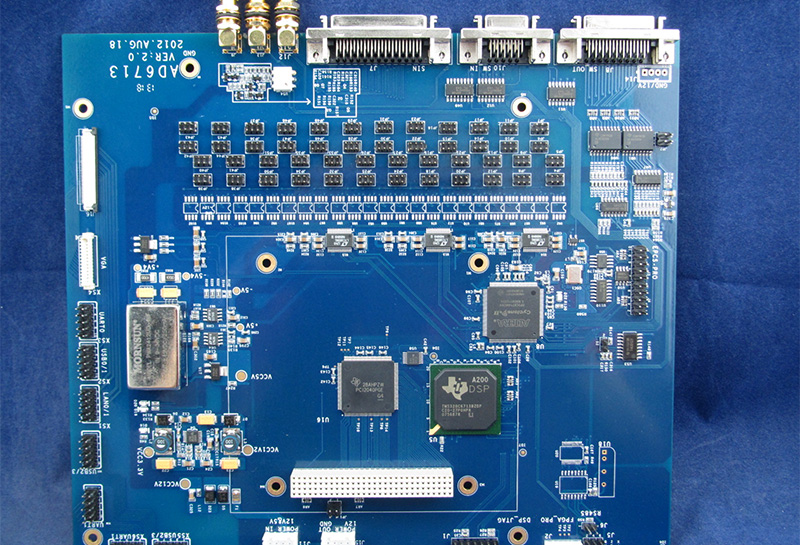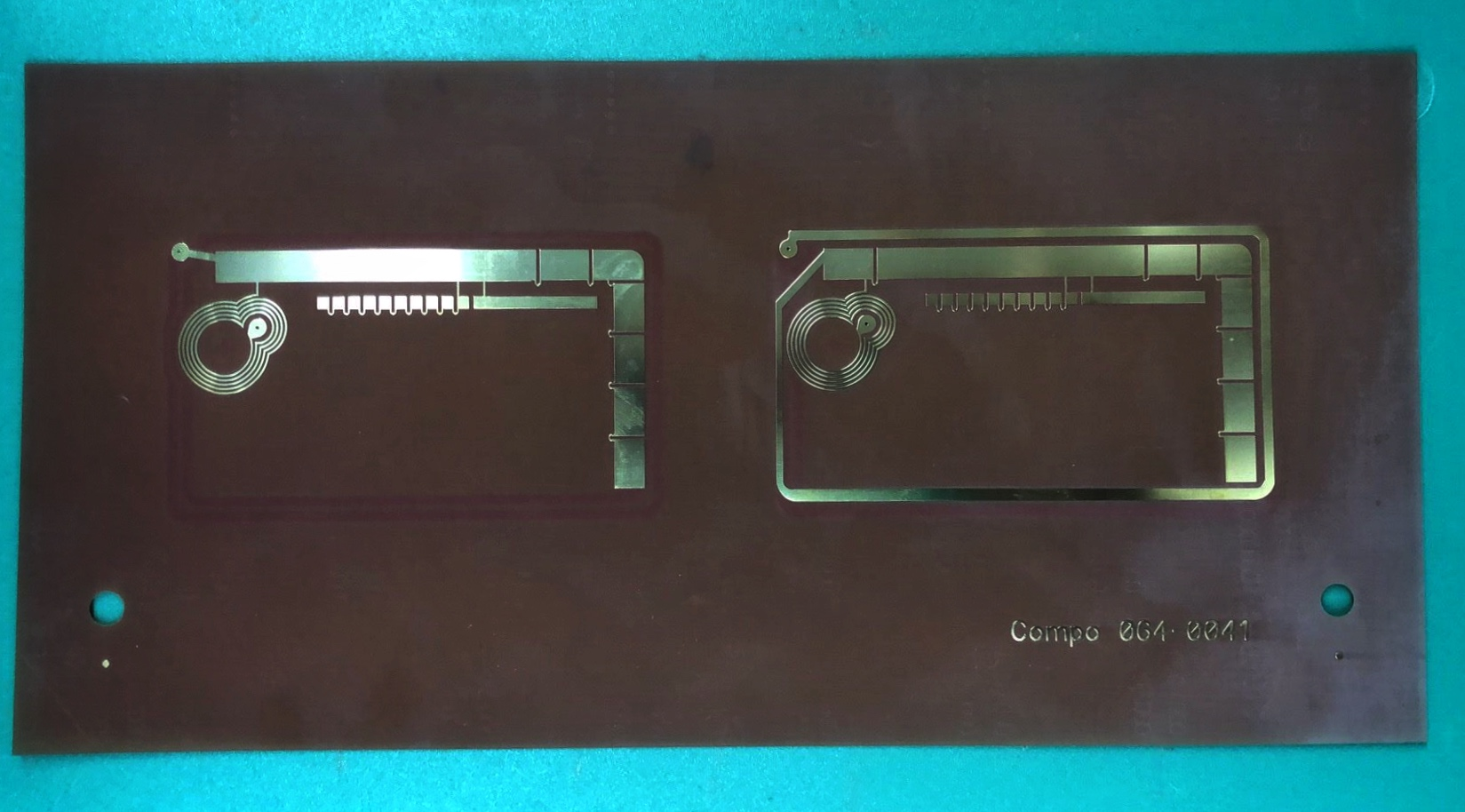You might be using an unsupported or outdated browser. To get the best possible experience please use the latest version of Chrome, Firefox, Safari, or Microsoft Edge to view this website.
Diagnostic medical sonographers and ultrasound technicians can earn high annual salaries without breaking the bank to pay for their education. Education criteria for many positions in this field require only a relevant certificate or an associate degree. Sonography associate degree programs blend didactic, classroom-based coursework with hands-on experience through lab courses and internships. Voltage Test Light

If you are a busy working professional or parent, consider earning your associate degree in sonography online. Online sonography programs typically combine online, theory-based coursework with on-campus lab work and internships at healthcare facilities in the field.
Only one school in the U.S. offering an online associate program in sonography meets our ranking criteria. Read on to learn more about this program and whether you should pursue a sonography degree online.
The Forbes Advisor Education team is committed to bringing our readers unbiased rankings and trustworthy, informative articles covering higher learning institutions, individual degree programs, bootcamps, professional credentials and various career paths.
Our team sources data from the National Center for Education Statistics and the U.S. Bureau of Labor Statistics. We also pull information from reputable professional organizations and education providers’ direct websites. Our rankings use a strict methodology to determine the best schools, programs or bootcamps for each category.
Moreover, an expert advisory board of experienced professionals and educators reviews and verifies Forbes Advisor Education content to ensure accuracy and completeness.
Located next to the Missouri State Fairgrounds in Sedalia, State Fair Community College offers an online associate degree in diagnostic medical sonography with in-person learning components.
Students in SFCC’s program complete didactic coursework online, visit campus for scanning labs and complete internships at assigned clinical locations. The program offers a general track and a cardiac track. Students typically graduate in 22 months.
SFCC’s associate degree in sonography holds programmatic accreditation from the Commission on Accreditation of Allied Health Education Programs (CAAHEP). The college charges an online per-credit tuition rate of $176 for in-district learners, $241 for Missouri residents and $307 for out-of-state students.
If you want to earn an associate degree in sonography online, here’s where to start.
An online associate degree in sonography meets the minimum education requirements for most entry-level positions in the field. If you are set on becoming a sonographer, an associate degree is a great starting point. However, career options for sonography degree holders are relatively narrow, so you should ensure you want to work in sonography before committing to a program.
If you know you want to pursue a career as a sonographer, SFCC’s online program can prepare you to register with the American Registry for Diagnostic Medical Sonography (ARDMS). Some states prefer sonographer candidates to be registered with ARDMS, hold a degree from a CAAHEP-accredited program or both.
For out-of-state students, SFCC charges a per-credit tuition rate of $307. In-state learners pay $241 per credit, while in-district learners pay $176. This translates to a total of approximately $14,000 to $24,500 for the full 80-credit degree.
According to the National Center for Education Statistics, as of the 2021–22 school year, two-year institutions charged an average annual tuition rate of $3,859. For a two-year associate degree, this translates to around $8,000 in total tuition.
Consider filling out the Free Application for Federal Student Aid (FAFSA®) to access federal student aid opportunities like loans, grants, scholarships and work-study programs. You can also pursue similar opportunities through universities, nonprofits and private organizations.
An online associate degree in sonography is a good move for many students, but distance learning does not suit everyone. Ask yourself a few key questions before enrolling in an online sonography program:
There are two key varieties of accreditation: institutional and programmatic.
Institutional accreditation is non-negotiable for any student seeking a high-quality college experience. If you attend an unaccredited school, you will be ineligible for federal student aid. You may also be unable to transfer credits earned at an unaccredited school should you decide to apply your associate toward a bachelor’s degree in medical sonography.
Institutional accreditation attests to the quality of a school’s finances, faculty, programs and student outcomes. The U.S. Department of Education and the Council for Higher Education Accreditation (CHEA) oversee institutional accrediting agencies.
To see if a particular school is accredited, you can visit its website or check the database on CHEA’s website.
Programmatic accreditation provides quality assurance for specific departments and degree programs. While programmatic accreditation is not necessary in every field, aspiring sonographers should attend CAAHEP-accredited programs. Holding a CAAHEP-accredited degree will make it easier to register with ARDMS, meet state certification standards and qualify for jobs.
Learn about start dates, transferring credits, availability of financial credit and much more by clicking 'Visit Site'
We ranked one accredited, nonprofit college offering online associate in sonography degree programs in the U.S. using 13 data points in the categories of credibility, affordability, student outcomes and student experience. We pulled data for these categories from reliable resources such as the Integrated Postsecondary Education Data System; private, third-party data sources; and individual school and program websites. Data is accurate as of October 2023.
We scored schools based on the following metrics:
We listed the only school in the U.S. that met our ranking criteria.
Find our full list of methodologies here.
The best associate degree for future sonographers is a CAAHEP-accredited associate degree in sonography. This degree prepares graduates for entry-level positions in the field and fulfills the educational requirements to become a sonographer.
State Fair Community College’s online ultrasound tech program takes 22 months to complete. Most associate programs require two years of full-time study. You may be able to pursue a shorter certificate in sonography, which some employers may accept in lieu of a full associate degree.
Many states and employers require sonographers to hold a CAAHEP-accredited certificate or associate degree or be registered with ARDMS.
According to the U.S. Bureau of Labor Statistics, as of May 2022, diagnostic medical sonographers earned a median annual wage of $81,350. Wages vary based on location, experience level, specialization and employer.

Hf Pcb Design Mikeie Reiland is a writer from Nashville, where he still lives.